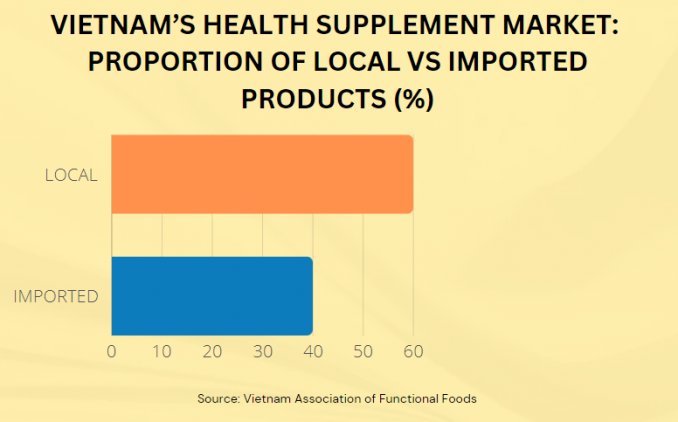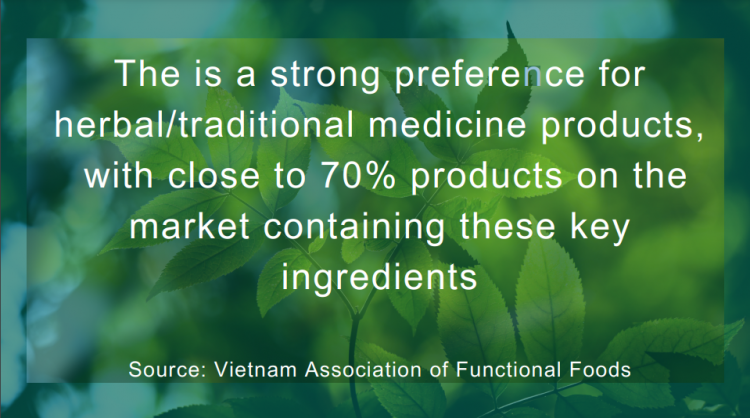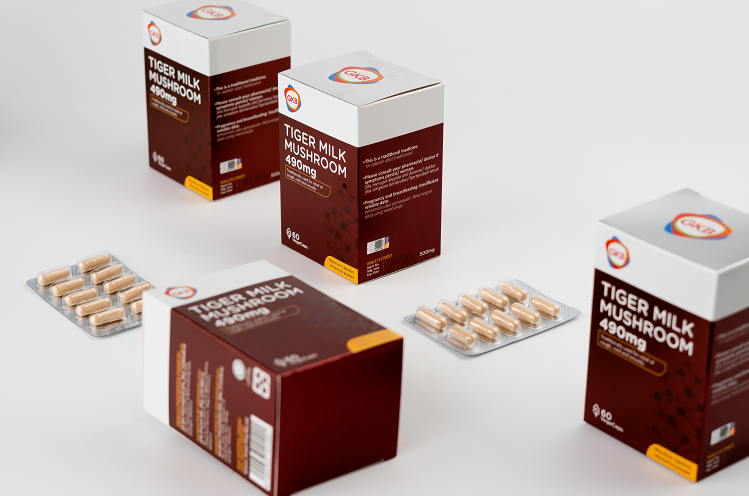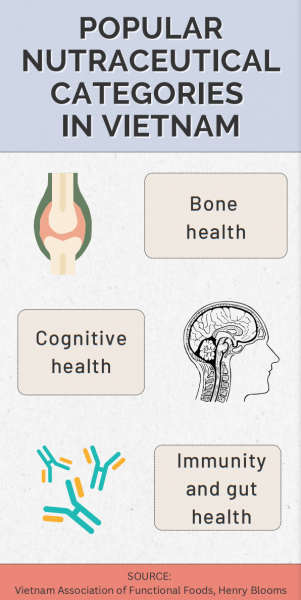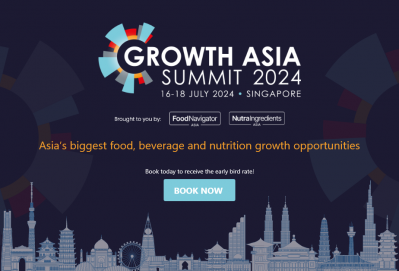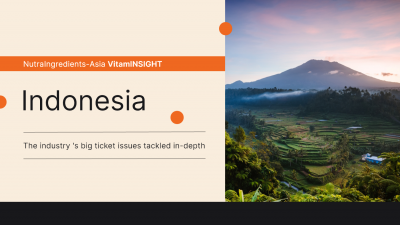VitamINSIGHTS
Vietnam nutra market: Bone, cognition health trending, with botanicals and traditional formats popular – Exclusive insights
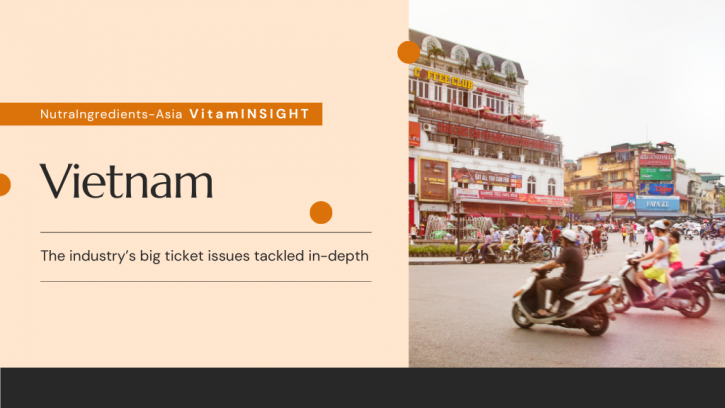
Vietnam is top of mind when it comes to the list of emerging markets – spanning across different sectors from health and wellness to beauty – across Asia-Pacific in the past few years.
Fast economic growth and increased purchasing power are often cited as reasons why the market is as having a high growth potential.
There has been a flurry of activities in the country’s nutraceutical space in recent months.
Haleon officially launched its Centrum multivitamins, including its Centrum Silver 50+, on online channels such as Lazada and Shopee, as well as offline retail about a month ago, while Swedish probiotics supplier Probi made its debut in end March.
According to data NutraIngredients-Asia had gathered from the Vietnam Association of Functional Foods (VAFF), Vietnam’s dietary supplement market is made up of 60 per cent local products and 40 per cent imported products.
The interest in Vietnam is not only coming from multinational firms, but also fellow South East Asian countries. Singapore’s QN Wellness is one example which sees Vietnam as a market of interest and sees potential for supplements that support ageing needs.
Vietnam is only behind Thailand and Singapore when it comes to the proportion of its population aged 65 and above. Between 2019 and last year, the proportion of adults aged 60 and above had risen from 11.9 per cent to 13.9 per cent.
This could also explain why certain brands such as Australia’s Henry Blooms, has noticed a strong demand for ageing-related supplements in Vietnam – especially those that support bone health.
Citing a 2021 report from Euromonitor, VAFF said that the total market value of Vietnam’s health supplement market had reached US$560 million. The industry also experienced a CAGR of close of nine per cent between 2021 and 2022.
In this series of VitamINSIGHTS, we will take a closer look at the factors driving supplement consumption in Vietnam, as well as trending demands and industry challenges.
Who are the key players?
According to the VAFF, there is a “strong reliance on word of mouth” when it comes to supplement purchase in Vietnam.
This has thus brought success to direct sales companies such as Herbalife, although distribution via pharmacies is also a main sales channel.
Herbalife Nutrition, in its 2022 annual report, said net sales in Vietnam were up 9.6 per cent yoy to US$298.9 million. In local currency, net sales increased 11.8 per cent yoy in year 2022.
Vietnam has seen “several years of sales volume growth as sales leadership focused on sustainable, consumption-oriented business practices”, on top of a growing number of product access points, the company said in the report.
Herbalife also had the largest market share in Vietnam at 11.2 per cent as of 2020, based on Euromonitor’s data.
Local firm Trafaco JSC was second with 7.9 per cent market share, followed by Amway Vietnam at 5.1 per cent, Nu Skin Vietnam at 4.9 per cent, and Hau Giang Pharmaceutical JSC at 3.6 per cent.
South Korea’s Korea Ginseng Corp is worthy a mention as the only Asian but non-Vietnamese firm in the top eight list. It ranked number seven with market share of three per cent.
Trending needs: Bone, memory, immunity
Dietary supplements that cater to bone health, cognitive health, and immunity are the trending categories, while respiratory health is seen as a category with growth potential.
According to the VAFF, local products for memory health and those with immune boosting claims are leading the market.
There is also a strong preference for herbal and traditional medicine products, with close to 70 per cent of products sold in the market containing these key ingredients, said the association.
Australia’s Henry Blooms has also made similar observations, pointing out how products for cognitive health containing ginkgo, brahmi or Bacopa monnieri are popular.
“In Vietnam, products like liver detox and ginkgo, brahmi for cognitive health, our probiotic-multi which is a full multivitamin for men and women with added probiotics also does well because it gives the convenience of combining two different doses [of different functional ingredients] into one capsule for daily use,” said Carel Crous, senior sales manager and global business development at Phytologic – parent company of Henry Blooms.
However, the most unique trend it has seen in Vietnam is the strong demand for bone health supplements.
Henry Blooms introduced its first product in Vietnam in late 2021. The country is also its second largest overseas market, only after China.
“We find that while general categories like immunity and gut health are popular in Vietnam, the demand for these products is basically there for every market. In Vietnam, however, bone care supplements addressing osteoarthritis stood out as a concern more specific to this market.
“In Vietnam, OsteoBlast – our calcium and bone protection product – is very popular, because between 14 to 15 per cent of women in Vietnam will develop some sort of osteoarthritis, and so those products especially do well in that market, as well as glucosamine,” Crous said.
OsteoBlast is a tablet supplement for bone and muscle health. Key ingredients used include calcium carbonate, hydroxyapatite, colecalciferol – a form of vitamin D, vitamin K1 in the form of phytomenadione, vitamin K2 in the form of menaquinone 7, borax, and heavy magnesium oxide.
Using a population-based study, a 2021 finding published in Plos One estimated that in Vietnam, about 27 per cent of women and 10 per cent of men aged 50 years and older have osteoporosis.
Also, among those with osteopenia – a decrease in bone mineral density – 18 per cent of women and 12 per cent of men would be classified as high risk for hip fracture.
On the other hand, respiratory health is seen as a category with growth potential by Malaysia-based GK Bio International. Operating since March 2020, this is a joint venture between Taiwanese firms All Cosmos Industry and Grape King Bio.
Following the legacy of its parent companies, GK Bio International also specialise in probiotics and fungi-based supplements.
Having started in Malaysia, it is now planning to expand across South East Asia and Vietnam is part of the plan.
Its Tiger Milk Mushroom supplements and probiotics for gut health would be part of the line-up for its Vietnam debut.
One reason is because the company is seeing an unmet need for supplements that support respiratory health issues arising from poor air quality, and hence the firm believes that there is a place for its Tiger Milk Mushroom supplement.
“We noticed that the air quality in Vietnam is not that great and the price of supplements sold in the country are on the higher side.
“This gave us the interest to penetrate into the Vietnamese market by offering what we perceive are products that match the needs of local consumers,” said general manager Howard Heng.
Tiger milk mushroom has been by indigenous communities in South East Asia as a traditional medicine for different ailments, including respiratory disorders. Findings have shown that supplementation could improve respiratory health, immunity, and antioxidant status.
Still traditional in preference despite rising purchasing power
Although Vietnam undergoing rapid modernisation and consumers have a higher disposable income, the market does not seem to be ready for novel concepts – such as new dosage formats.
“More modern” dosage formats are “still early” for Vietnam, while its neighbouring Malaysia and Singapore are more ready in accepting it, according to Crous.
This is based on his company’s experience selling oral spray supplements in the region.
Vietnamese consumers still prefer capsules or tablets, he said, as the performance of Henry Blooms’ oral spray paled in comparison with its traditional vitamin C tablets or vitamin D3 capsules.
This is also the reason why the firm has introduced more novel concepts such as bio-fermented liquids into Malaysia and Singapore but not yet in Vietnam.
The firm’s bio-fermented liquid is essentially a biofermented lactic acid-base which is produced by fermenting six strains of probiotics. Functional ingredients such as turmeric or marine collagen are also added in different SKUs.
Heng, on the other hand, said his firm noticed that Vietnam has a stronger purchasing power than even Malaysia.
“We believe that consumers in Vietnam have a stronger purchasing power than Malaysia, partly because their average spending is higher.
“Vietnam also has a different infrastructure and dietary habits as compared to Malaysia, and this will play a role in the types of products that Vietnamese consumers would purchase and the way they spend their money.”
Still, the company notices that consumer understanding of probiotics and fungi supplements remained low in Vietnam.
As such, it is focusing on introducing “more affordable and straightforward” products in Vietnam for a start.
“When we first entered Malaysia, we introduced a lot of products that are much more affordable in the market.”
“For example, a basic probiotic in Malaysia was priced over RM$100 (US$21.14), which is on the higher end for a market with a lower purchasing power, and so we would like to offer something that we believe is more straightforward and affordable to the Vietnamese market as well,” said Heng.
According to a 2021 report by McKinsey & Company, in 2000, less than 10 percent of Vietnam’s population were members of the consuming class, but this had risen to 40 percent.
Consuming class is defined as consumers who spend at least US$11 a day in purchasing power parity (PPP) terms.
“New consumption power is emerging not only from those who have entered the consuming class for the first time, but from the consuming class’s sharp rise within the income pyramid.
“The two highest tiers of the consuming class (those spending $30 or more per day) are growing the fastest and may account for 20 percent of Vietnam’s population by 2030,” said the report.
Asked the challenges, VAFF believes that the main difficulty for Vietnam’s dietary supplement industry, is the divergence of its regulatory regime away from the ASEAN legal framework for Health Supplements.
The VAFF said that this would not only impede trade but could also potentially be a hurdle in helping local industry build capacity and competitiveness for ASEAN export markets.
It said it has been working closely with the government regulators to ensure the vision of harmonised health supplements sector in ASEAN will be implemented in due course.
